How Generative AI is Transforming Software Engineering Management
GenAI reshapes software engineering, turning coders into AI-powered problem solvers and orchestrator


You're a Software Engineer who just walked into the office on a Monday morning. Instead of diving straight into writing hundreds of lines of code, you're having a conversation with an AI Engineer assistant that's helping you generate entire application frameworks, create test cases, and even draft documentation—all while you focus on the bigger picture of solving complex business problems.
This is 2025, where Generative AI isn't just changing how we code—it's completely redefining what it means to be a software engineering leader.
Top RAG Tools to Boost Your LLM Workflows in 2025. Read more here!

The Great Transformation
Let's start with some eye-opening statistics that show just how dramatically the landscape is shifting. Gartner predicts that by 2027, 70% of all software engineering leader role descriptions will explicitly require oversight of generative AI, up from less than 40% today. That's not a gradual change—that's a revolution happening right before our eyes.
But here's what's really fascinating: a Q4 2024 Gartner survey of 400 software engineering leaders in the U.S. and U.K. indicated that up to half of their software development teams employ various GenAI tools to augment workflows, acting as force multipliers rather than replacements.
Think about that for a moment. In just one year, we've gone from experimental AI tools to having half of all development teams actively using Generative AI in their daily work. It's like watching the internet adoption curve all over again, but compressed into hyperspeed.
The Productivity Paradox
Here's where things get interesting (and maybe a little counterintuitive).
According to GitHub, developers spend 75% of their time on non-coding tasks. Wait, what? Three-quarters of a Software Engineer's time isn't actually spent writing code?
This statistic is a game-changer because it reveals where Generative AI can have the most impact. We're not just talking about autocompleting a few lines here and there—we're talking about transforming everything from requirements gathering to deployment automation.
According to reports from Capgemini Research Institute, this transformative technology is already empowering teams and offers the following benefits: Enabling more innovative work (61% of organizations), Improving software quality (49%), Increasing productivity (40%)
But here's the really cool part: 69% of senior software professionals report high satisfaction with AI tools, and 78% of professionals see improved business-technology collaboration. This isn't just about efficiency—it's about job satisfaction and better teamwork.
Business Uses of Natural Language Processing Solutions. Read here!
From Code Monkeys to AI Orchestrators
Let me paint you a picture of how roles are evolving. Remember when Software Engineers were primarily judged by how many lines of code they could churn out? Those days are becoming as outdated as floppy disks.
We are moving away from code writing to AI code orchestration. Future developers will not be syntax-heavy coders but problem solvers who leverage AI in a big way.
The new breed of software engineering leaders needs to master what I like to call the "AI collaboration dance." They're becoming:
AI Collaborators
These are leaders who focus on enhancing efficiency by guiding AI-crafted outputs. Think of them as conductors of an AI orchestra, making sure all the different AI tools work in harmony.
System Architects
System Architects that design scalable, purposeful, and cost-effective AI-infused applications. They're not just designing systems—they're designing systems that can intelligently adapt and improve themselves.
AI Engineers with Specialized Skills
The field is creating entirely new roles that didn't exist five years ago:
- Prompt Engineers who are experts in crafting optimal AI instructions
- AI Validation Engineers who ensure AI-generated code meets security and quality standards
- AI Ethics and Compliance Officers who make sure everything stays on the right side of regulations
What Leaders Need to Learn (And Unlearn)
Software engineering leaders must upskill their teams in large language models, prompt engineering, and more, so they can tackle new challenges.
But it's not just about learning new technical skills. Leaders are discovering they need to develop what researchers call "cognitive flexibility management." This means being able to work alongside AI while maintaining critical thinking skills.
Building your Generative AI expertise starts with a strong foundation. Understanding core AI and machine learning concepts is crucial. This includes grasping basic AI principles like supervised learning, algorithms, data processing, and model training techniques.
Here's what's really exciting: Proficiency in programming languages like Python, which is commonly used in AI and data science, becomes crucial. You'll also need knowledge of AI frameworks and libraries like TensorFlow and PyTorch.
How Generative AI is Transforming Corporate Culture. More here!
The Recruitment Transformation
The way we hire Software Engineers is getting a complete makeover. Gartner survey of 487 CIOs and IT leaders in the fourth quarter of 2024 found that over 33% of respondents were already using AI to generate job descriptions.
But the changes go much deeper than AI-written job posts. GenAI can speed up hiring by helping to quickly identify the best candidates. With GenAI, you can perform a job analysis using prompts like, “What are the top skills for a platform engineering manager?”
Smart leaders are also shifting their hiring criteria. Instead of looking for someone who knows a specific programming language inside and out, they're prioritizing adaptability and problem-solving skills. Some leaders shared their strategies for hiring and retaining talent in an AI-enabled world, emphasising problem-solving abilities and adaptability over several years of experience with specific tools.
Real-World Applications: Where the Magic Happens
Let's talk about where Generative AI is making the biggest splash in day-to-day software engineering operations.
Code Generation and Review
GenAI can help generate code with industry best practices devoid of security vulnerabilities, generate unit tests with high code coverage, and generate automated test scripts for different types of testing, thereby reshaping the entire software development lifecycle.
DevOps Revolution
Within the next one year, a significant number of companies will use generative AI to generate scripts for pipeline as code and infrastructure as code for both cloud and on-premise deployments, leading to a leaner and faster DevOps process.
Quality Assurance Transformation
AI is set to revolutionize quality assurance by promoting continuous testing and deployment, making software development more resilient and adaptable.
Business Analysis Streamlining
Generative AI will review stakeholder input and feedback to generate epics, feature lists, and user stories, eventually prioritizing them.
The Human Element
Now, before you start worrying that robots are taking over, let's set the record straight. While GenAI tools are highly advanced, their purpose is not to replace engineers. Instead, they are geared toward enhancing productivity.
Amjad Masad, CEO of Replit, has voiced his unease with the term 'vibe coding', suggesting that it trivialises the profound capabilities of generative AI and downplays the creative effort involved in software development. He maintains that AI should be viewed as a tool to empower more individuals to create, rather than a means of replacing them.
On the topic of employment, Masad remarked, "We're all going to have jobs—they're just going to be very powerful."
The reality is that AI's capabilities will unlock new avenues for innovation, requiring more human talent to lead AI-centric projects, with skilled developers will play a pivotal role in the creation of AI-driven applications, demanding a blend of traditional software engineering knowledge and AI-related skills.
Measuring Success in the AI Era
One of the trickiest parts of this transformation is figuring out how to measure productivity when AI Engineers and traditional Software Engineers are working together. Simplistic methods—such as counting lines of code—were criticised as poor indicators of meaningful output. Instead, our leaders advocated using established industry metrics like DORA, which focus on broader team performance rather than isolated developer output.
The consensus was clear: productivity measurement must be tied to tangible business outcomes. AI-driven efficiencies are only valuable if they significantly improve software quality, delivery timelines, and end-user experience.
The Ethics Challenge
As Generative AI becomes more powerful, software engineering leaders are grappling with new ethical challenges. Software engineering leaders should implement policies that assign clear responsibility across DevOps, DataOps, and ModelOps cycles.
Leaders must be well-versed in the ethical implications of deploying generative AI, particularly regarding issues like bias, fairness, and transparency. For instance, ensuring AI-generated code doesn't perpetuate existing gender bias in programming languages.
GenAI models can analyze vast amounts of security data, identifying new attack patterns, allowing developers to implement preemptive measures fortifying their applications before these novel threats even appear.

Looking Ahead
The transformation we're seeing is just the beginning. Gartner predicts that by 2026, AI will assist in more than 25% of software design, development, and testing work.
By 2030, AI will eliminate 80% of project management tasks, which will fundamentally transform how projects are planned and executed.
But perhaps the most exciting prediction comes from Anthropic's CEO: Dario Amodei of Anthropic, who predicted that the majority of code in the near future would be generated by AI. Amodei anticipates that AI could be responsible for writing up to 90% of all code within the next six months.
Practical Steps for Leaders Ready to Embrace the Change
So, what should software engineering leaders do right now to prepare for this AI-driven future?
1. Start with Training
Software engineering leaders must work with HR to create tailored AI training programs that offer personalized learning experiences for engineers at different levels.
2. Build a Learning Culture
Build a culture of continuous learning. Agile learning programs can lead to better business outcomes, adaptable employees, and a plan to meet evolving skills needs. The idea is to develop each employee's GenAI skills ahead of demand.
3. Establish Governance
Create new ethics policies. Software engineering leaders should implement policies that assign clear responsibility across DevOps, DataOps, and ModelOps cycles.
The Bottom Line
The message from industry leaders is clear: AI is an enabler, not a replacement for talented software engineers, and the most effective leaders will be those who blend technical foresight with ethical and strategic leadership.
These tools are only as good as the person using them. If you know your stuff, they'll blow your mind with the quality. But hand them to someone without decent programming skills, and it's chaos. They're powerful, but they're not magic. Yet.
The role of software engineering leaders is evolving from managing people who write code to orchestrating teams of humans and AI working together to solve increasingly complex problems. It's not about choosing between human creativity and AI efficiency—it's about creating the perfect symphony where both play their strengths.
It's not so much about replacing job roles. It's about augmenting the role with AI.
The future belongs to leaders who can navigate this exciting new landscape, where Generative AI doesn't replace Software Engineers—it makes them superhuman. And honestly? That future looks pretty amazing from where I'm sitting.
Ready to Transform Your Development Team with AI?
Join the 70% of software engineering leaders who will be managing AI-powered teams by 2027.
Makebot's LLM Builder offers the complete solution you need: multi-LLM integration, fine-tuning capabilities, RAG implementation, and seamless chatbot deployment—all optimized for your infrastructure and data.
Don't let your competition get ahead. Start your AI transformation today.
Get Started: b2b@makebot.ai | Learn More: makebot.ai

Studies Reveal Generative AI Enhances Physician-Patient Communication


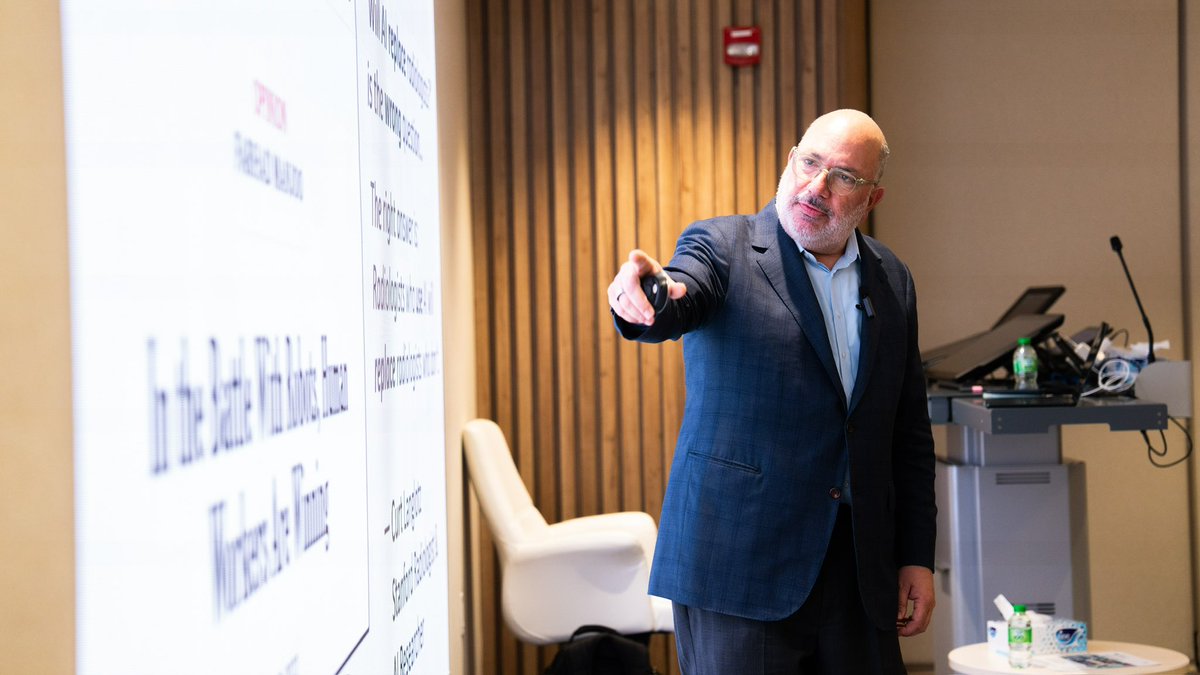

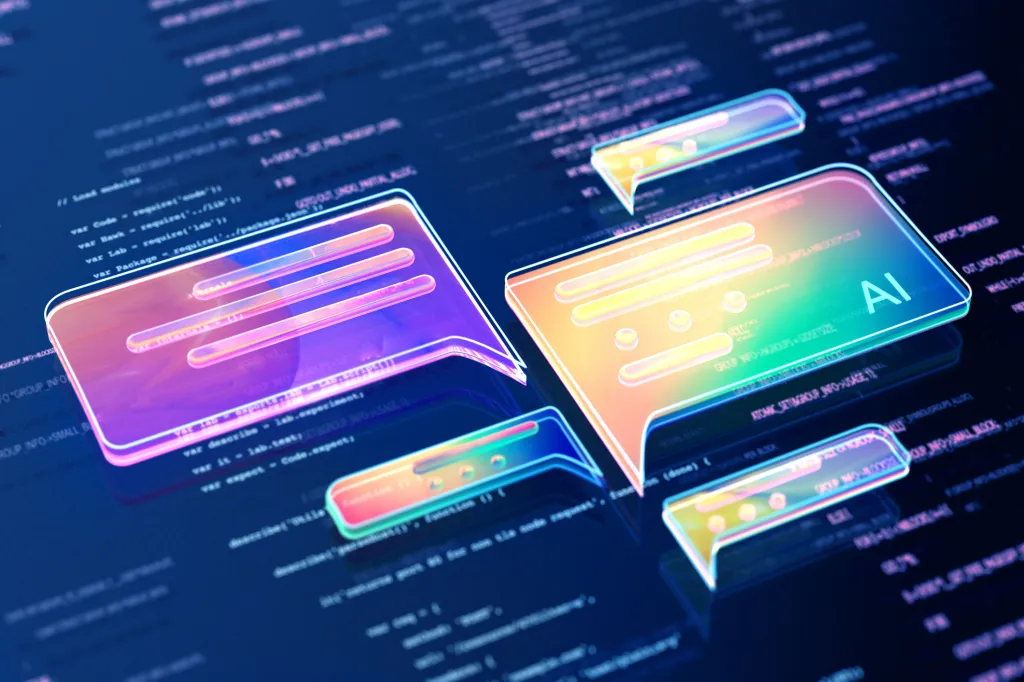



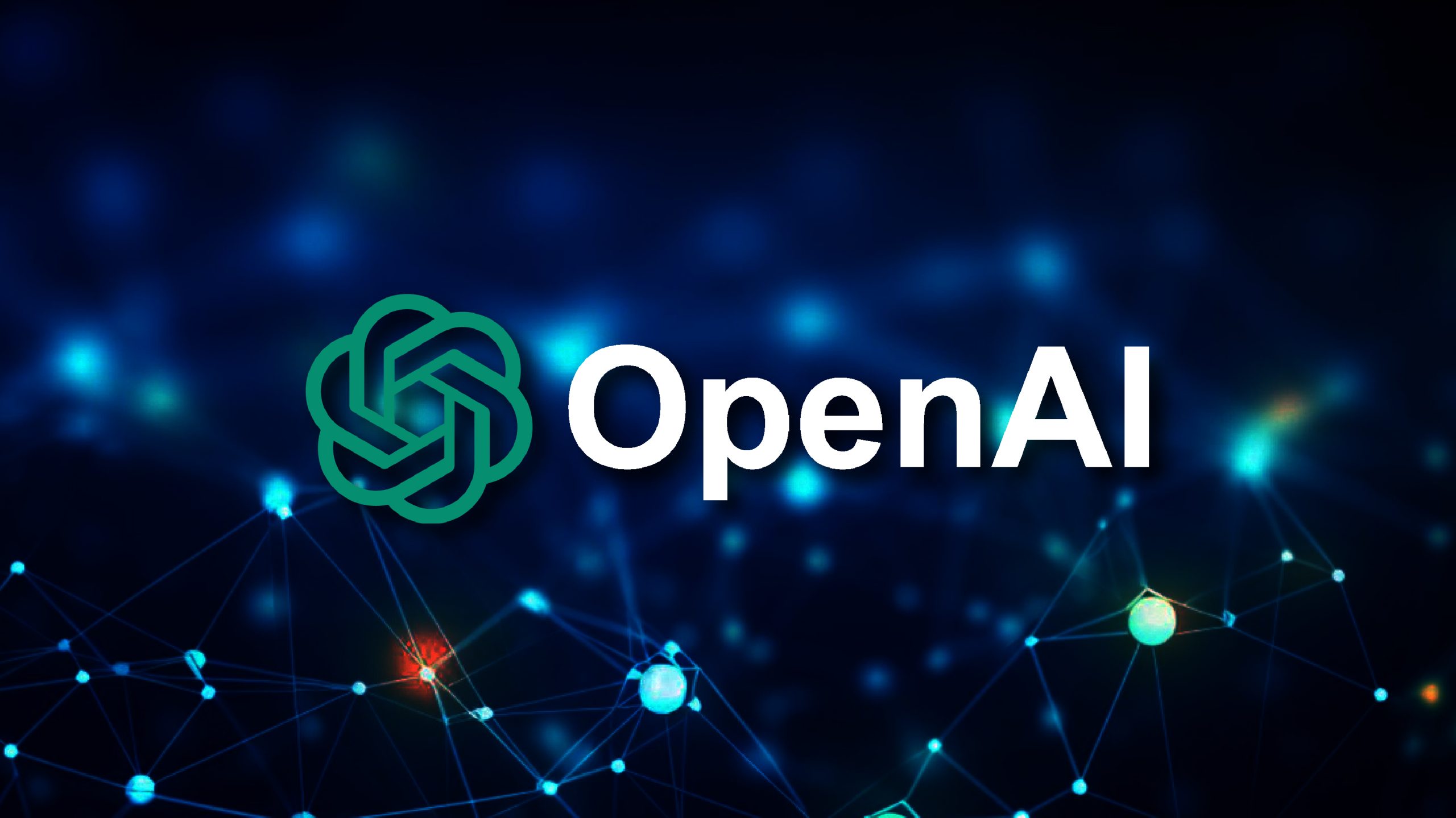



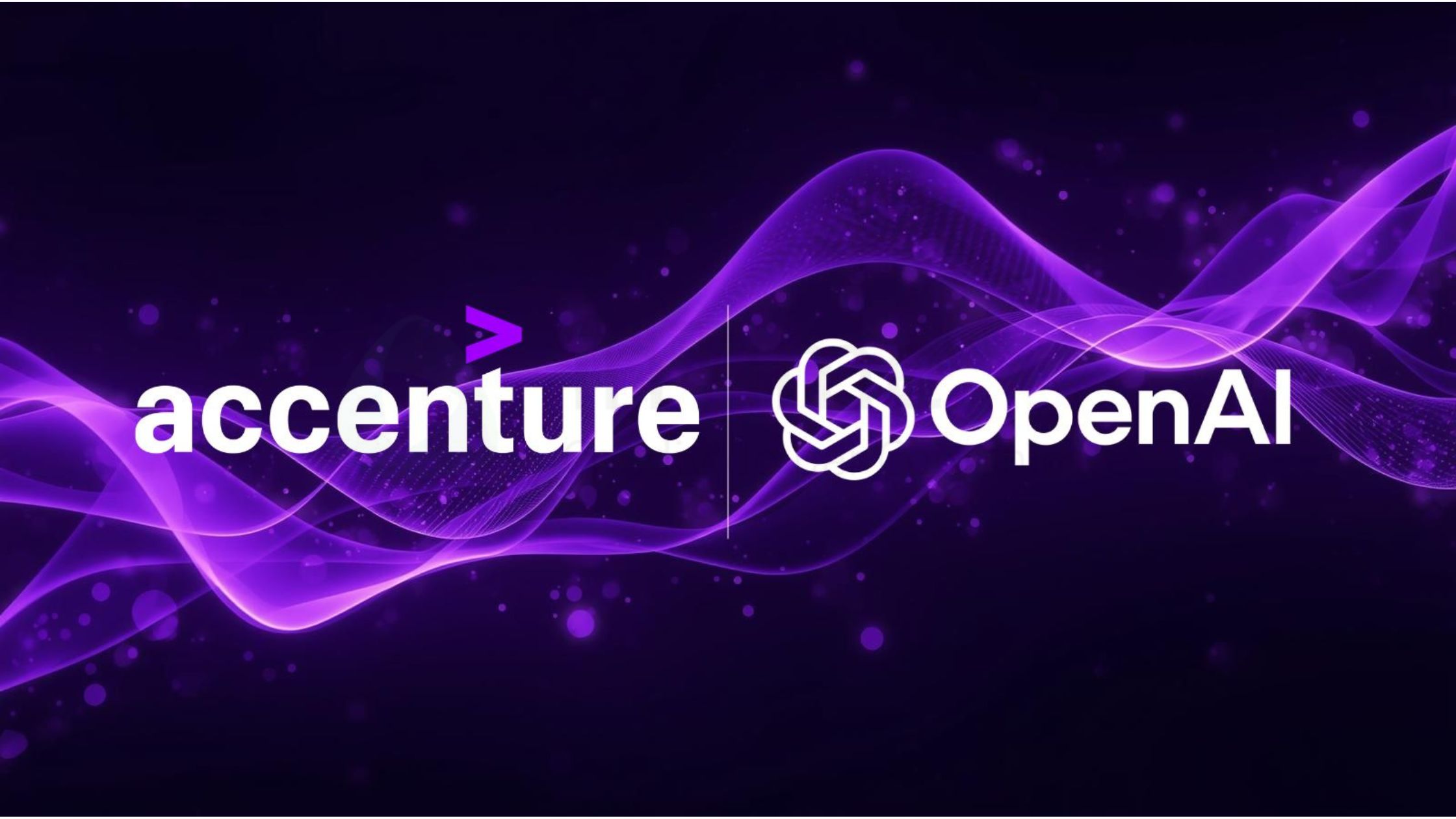
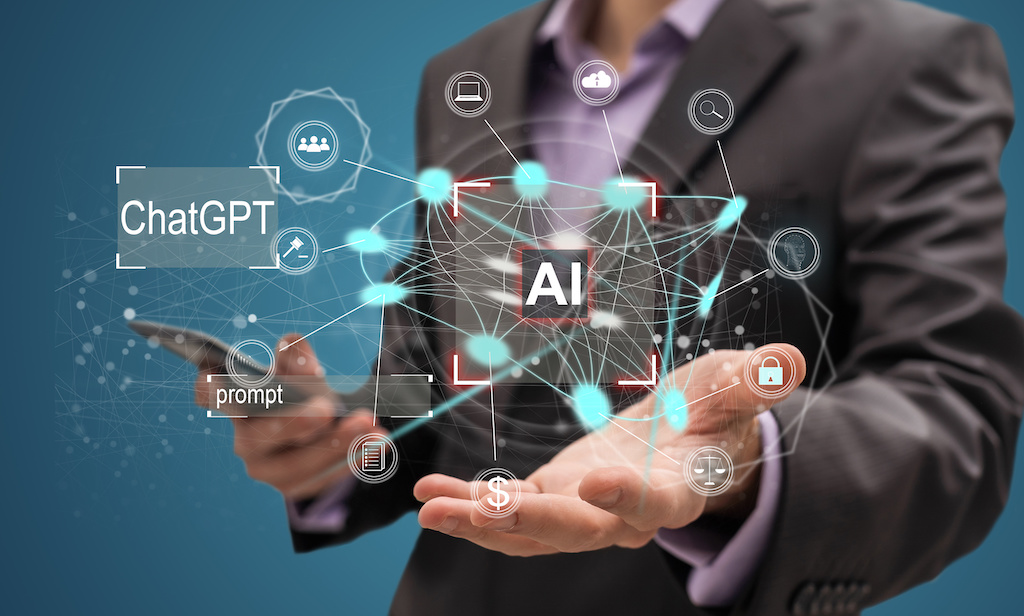


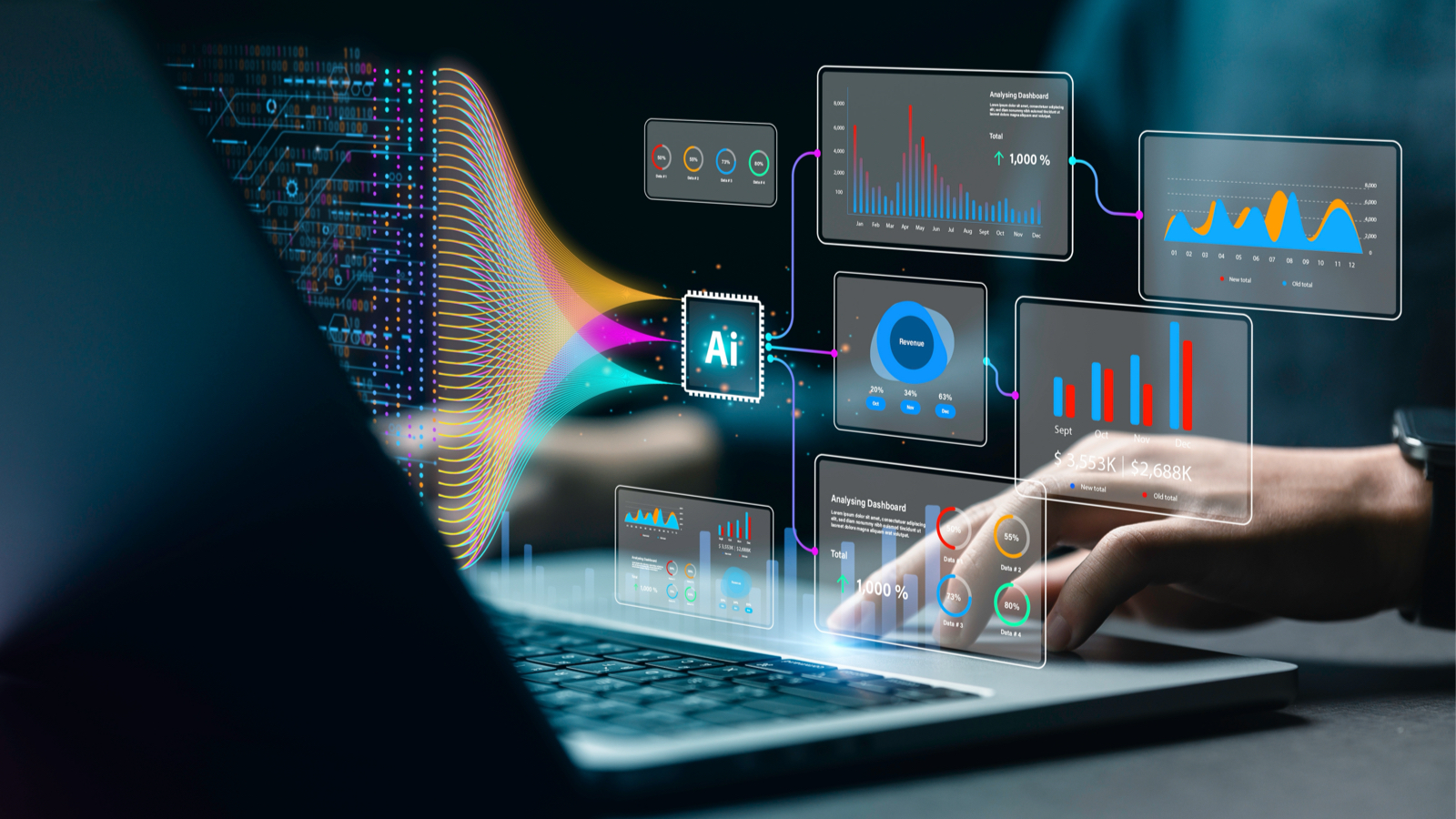






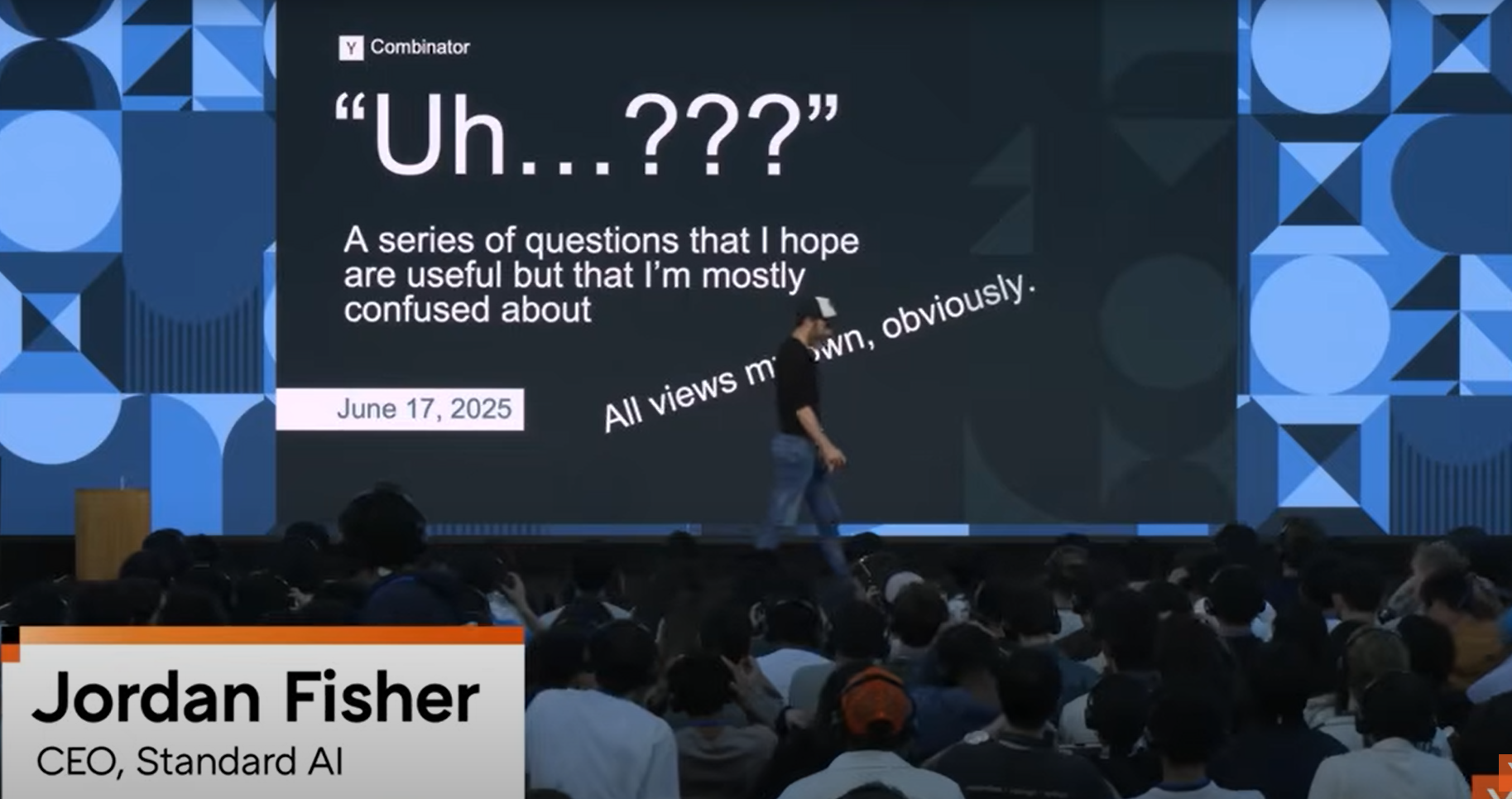




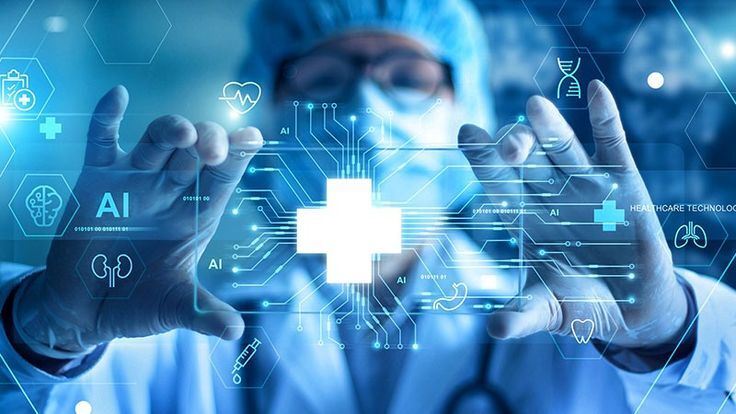





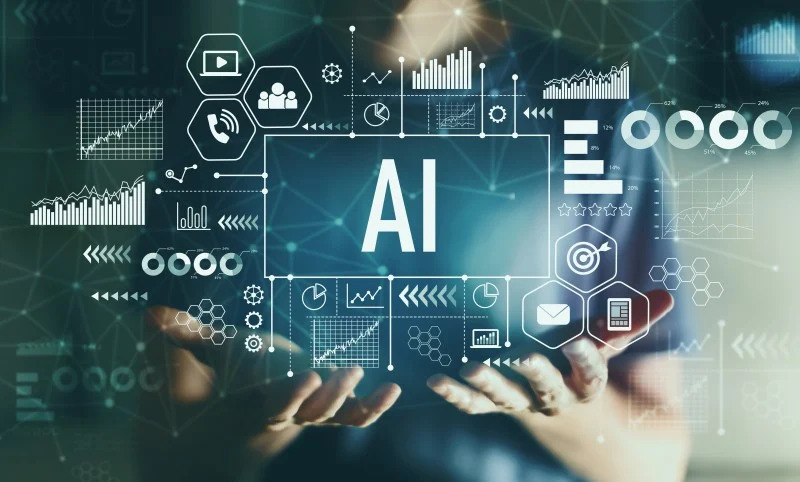



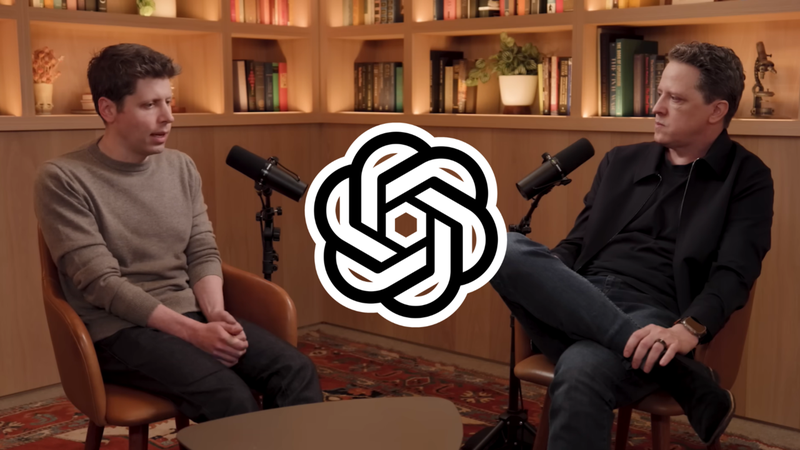





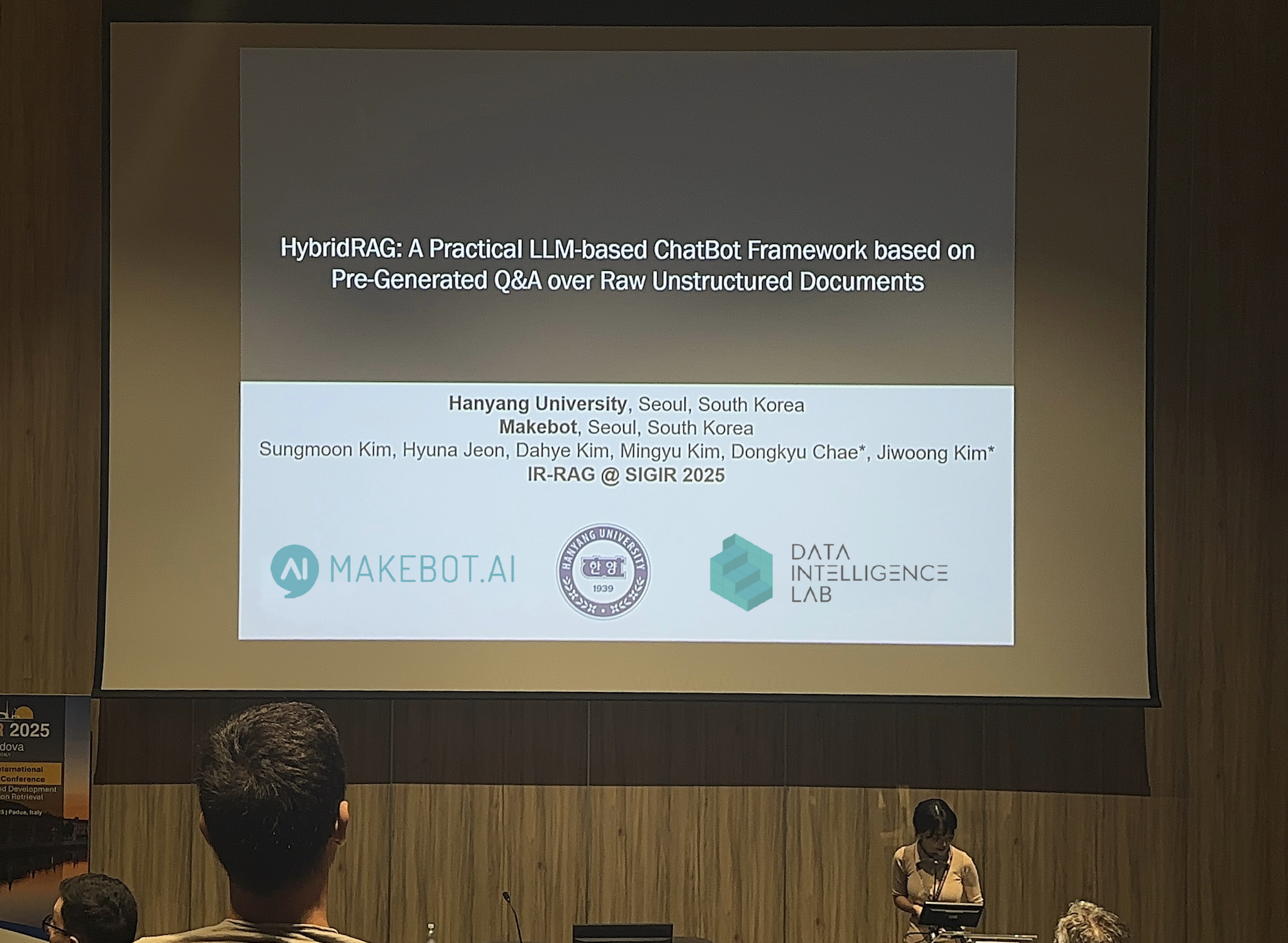








_2.png)


















.jpg)

























